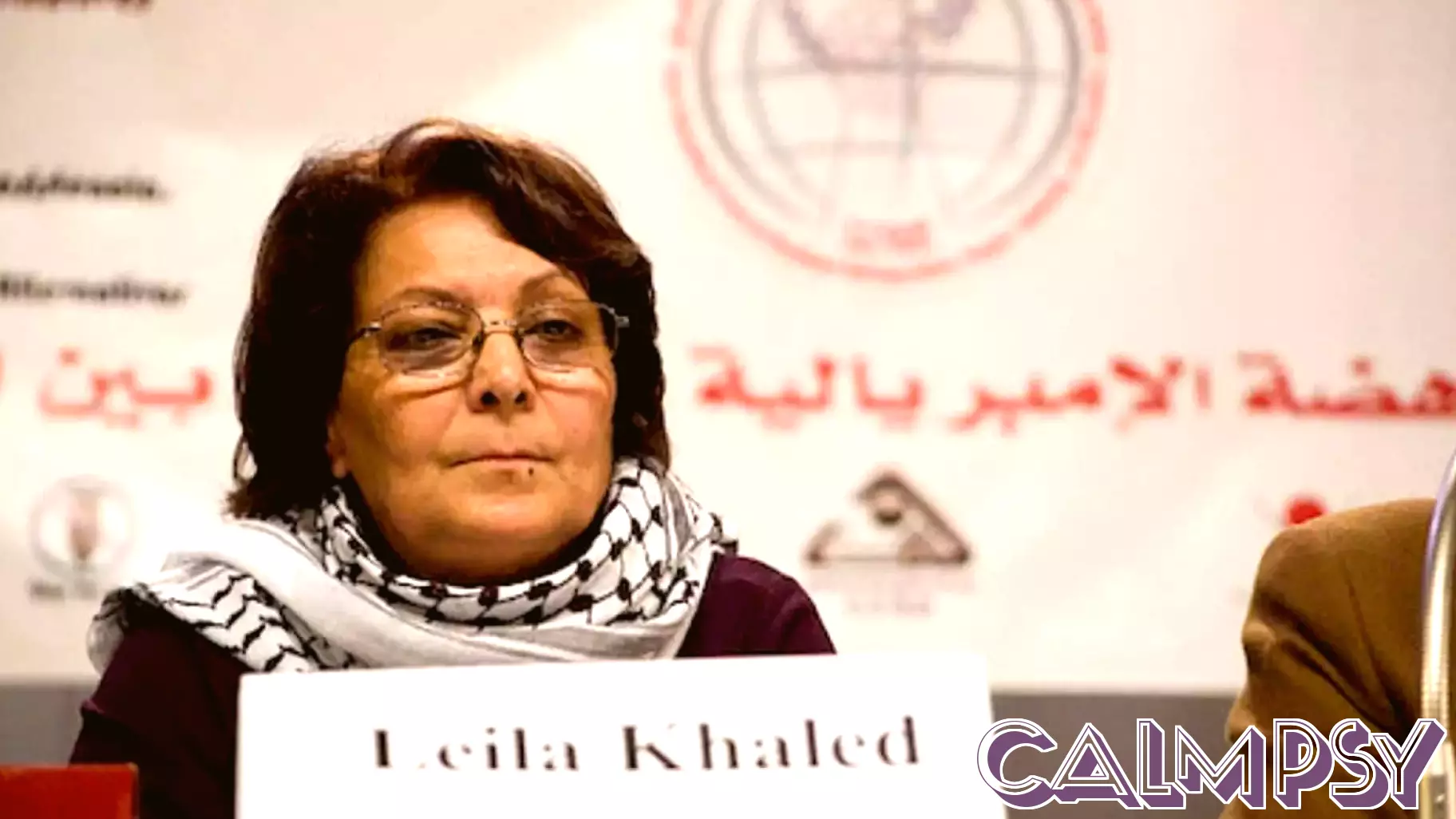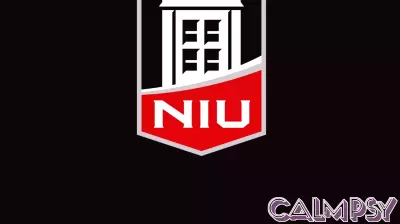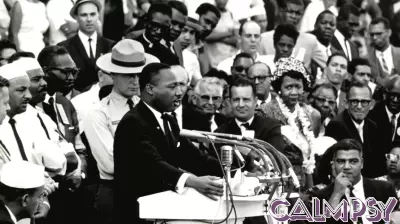January 7, 2025 - 21:03

A recent interview with Leila Khaled, a prominent figure in the Popular Front for the Liberation of Palestine (PFLP) and known for her involvement in airplane hijackings, has stirred significant controversy. Published by a platform notorious for its anti-Israel rhetoric, the piece presents Khaled’s views in a manner that many critics argue romanticizes her violent past.
In the interview, Khaled reflects on her actions and ideology, revealing a chilling detachment from the consequences of her actions. This portrayal raises critical questions about the normalization of extremist views and the psychology behind self-defeating antisemitic hatred. By providing a platform for such narratives, there is a risk of perpetuating a cycle of violence and intolerance that undermines efforts for peace and understanding in the region.
The glorification of figures like Khaled not only distorts historical realities but also emboldens extremist sentiments. It is essential to critically examine such narratives and confront the underlying ideologies that fuel hatred, fostering a dialogue rooted in empathy and mutual respect.



